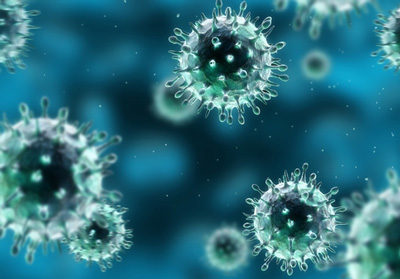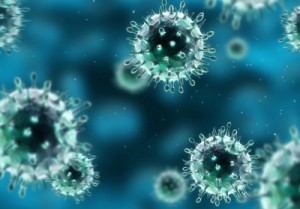New data shows potential of ALS-008176 in RSV
Posted: 19 November 2015 |
In the study, treatment with ALS-00876 resulted in a significant reduction of viral load and faster viral clearance versus placebo…


Alios BioPharma has announced the publication of findings from a respiratory syncytial virus (RSV) challenge study for ALS-008176, a cytidine nucleoside analog with activity against RSV.


Among infants and young children, RSV is the leading cause of severe respiratory illness and remains the most frequent cause of hospitalisation in industrialised countries. The Phase 2a study has now established human proof-of-concept for the antiviral activity of ALS-008176 in healthy adults and highlights its potential as a therapy for managing clinical disease in naturally infected patients.
“The data suggest that ALS-008176 has the potential to be a safe and effective treatment for RSV infection. The primary endpoint of the study was met and ALS-008176 significantly reduced viral load and symptoms of disease severity compared to placebo,” said John DeVincenzo, M.D., the lead study author and Professor of Paediatrics, and Professor of Microbiology, Immunology and Biochemistry at the University of Tennessee Health Science Centre, and Medical Director of Molecular and Viral Diagnostics at Le Bonheur Children’s Hospital. “ALS-008176 can inhibit the replication of RSV even if the cells of the respiratory tract have already been infected with the virus. As a result, this treatment has an antiviral effect and is likely to be effective even if started at a later stage of RSV infection.”
ALS-008176 resulted in faster viral clearance
In the study, 62 healthy volunteers were inoculated with RSV and subsequently randomised to receive ALS-008176 or placebo. Compared to placebo, treatment with ALS-00876 resulted in a significant reduction of viral load (73-88% reduction in viral load area under the curve) and faster viral clearance (1.3–2.3 days vs 7.2 days) versus placebo. At the time that the peak viral load occurred in the placebo group, the mean viral load in each of the three ALS-007186 treatment groups was more than one thousand times lower. In addition, statistically significant reductions in symptom scores and a reduction of the amount of congesting respiratory secretions were also observed.
In the study, no serious adverse events (SAEs), premature discontinuations of study drug, or clinically significant treatment related adverse events (AEs) were observed. The most commonly reported AEs were epistaxis (bleeding from the nose), upper respiratory infection and cough. ALS-008176 also demonstrated a high barrier to resistance. No participants receiving ALS-008176 experienced viral rebound or had evidence of viral resistance during the course of the study.




